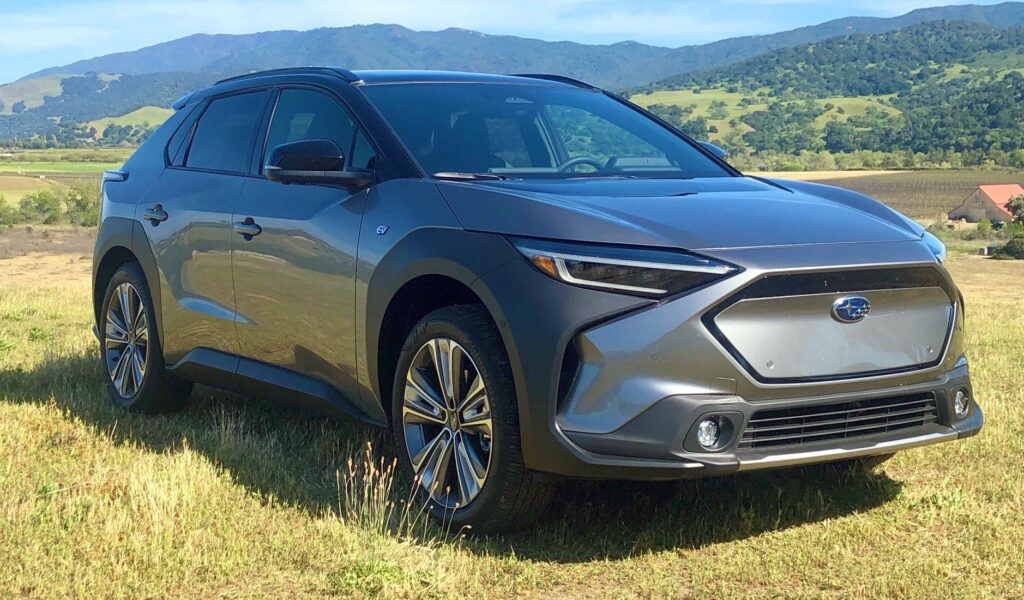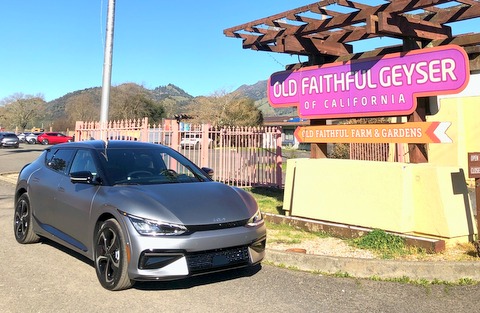It’s Still Theory, But Some Insurance Companies Are Worried
This article may contain affiliate links.
In the auto industry, two main things are the talk of the town. On the one hand, there’s a massive push toward autonomy and self-driving cars. On the other, electric vehicles are getting all of the attention and sales. It’s the latter that is perhaps the more interesting and relevant of the two, with more new electric cars being produced and sold every year. We are definitely getting to the point when conventional cars are being phased out of production, and electric vehicles are taking over.

Many debates and arguments have surfaced surrounding EVs, but they largely revolve around efficiency and sustainability. However, there is one topic that many individuals and experts are split on: are electric cars more accident-prone than traditional cars? Or, to rephrase the question, are you more likely to be involved in car accidents when you drive an electric vehicle?
As of yet, there isn’t enough data to do a fair comparison, so any arguments are purely theory-based. With that in mind, why do some people think EVs are more accident-prone?
Faster acceleration; More Weight
The most significant difference between driving an EV and a conventional car is the instant torque you get from an electric vehicle. From a standing start, you instantly race ahead with immense acceleration. Even some of the smaller and shorter-range EVs have acceleration that rivals the fastest conventional cars on the market.

Consequently, this is the main argument for electric cars being more accident-prone. Thanks to the improved acceleration, it is (theoretically) easier to race ahead and crash into cars. Especially if you are in traffic and the car ahead of you maybe doesn’t accelerate as quickly as expected. You can easily see how some people believe that the added acceleration and instant torque are issues.
In fact, there has been some research that suggests this causes more damage in crashes. Better acceleration and more weight means crashes are more impactful, so the damage to both cars is greater.
Are electric cars more dangerous?
However, the above argument is all based mostly on theory. Yes, in theory, a car with more acceleration and weight could slam into the back of other cars if the driver loses control. But, the reality is that this probably isn’t going to happen with modern safety systems. If there was a genuine concern, we’d have heard about it by now. Every single car accident lawyer in the country would put out notices warning people of the dangers of electric vehicles!
Right now, there is no correlation between EVs and an increased frequency of car accidents. Likewise, there’s no evidence to suggest they are more dangerous. In fact, some argue that the lack of a gas-powered engine means electric vehicles are much safer in a crash because there’s less chance of fires or explosions.
So, if you are considering an electric vehicle but worry that it might be unsafe, you can nip those worries in the bud. You have no more chance of crashing an EV than you do a conventional vehicle. In most cases, the result of the crash will be less devastating as well because there’s no engine or fuel to cause serious concerns.

1 thought on “Are EVs More Dangerous Than Their Predecessors?”